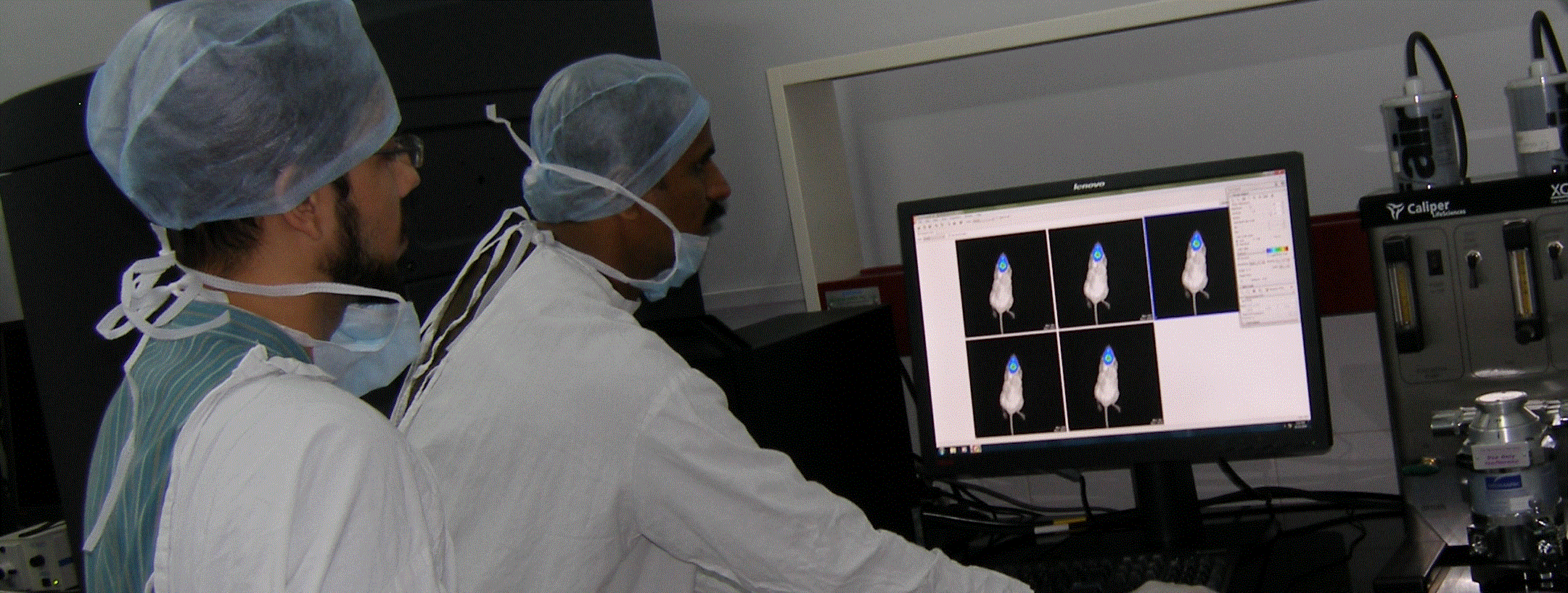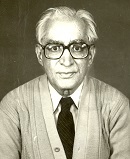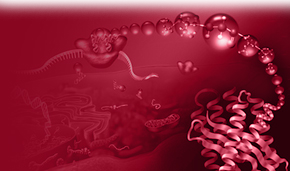|
|

|
|
Science Sparks @ ACTREC
|
 28 June 2021 28 June 2021
|
Vol. No. 10; Issue No. 481 |
|
|
Publications
|
|
1. Mirgh S, Sharma A, Folbs B, Khushoo V, Kapoor J, Tejwani N, Ahmed R, Agrawal N, Choudhary PS, Mehta P, Bhurani D (2021). Daratumumab-based therapy after prior Azacytidine-Venetoclax in an octagenerian female with BPDCN (blastic plasmacytoid dendritic cell neoplasm) - a new perspective. Leukemia Lymphoma.
2. Patil A, Shriyan B, Mehta P, Patil M, Gurjar M, Nookala M, Patil V, Joshi A, Noronha V, Prabhash K, Gota V (2021). ADME gene polymorphisms do not influence the pharmacokinetics of docetaxel: Results from a population pharmacokinetic study in Indian cancer patients. Cancer Medicine.
3. Budukh A, Dikshit R, Chaturvedi P (2021). Outcome of the randomized control screening trials on Oral, Cervix and Breast Cancer from India and way forward in COVID-19 pandemic situation. International Journal of Cancer.
4. Singh A, Chaukar D, Gupta S, Pramesh CS, Sullivan R, Chaturvedi P, Badwe R (2021). A prospective study to determine the cost of illness for oral cancer in India. Ecancermedicalscience. 15:1252.
5. Chakraborty S, Varma AK (2012). Crystal structure of clinically reported mutations Gly656Arg, Gly656Glu and Asp751His identified in the kinase domain of EphA7. Biochemical and Biophysical Research Communications. 568: 62-67.
6. Mittal R, Murthy V, Krishnatry R, Maitre P (2021). Recommendations and clinical validation of inguinal Clinical Target Volume(CTV) delineation in Penile cancer. International Journal Radiation Oncology Biology and Physics.
7. Madhugiri VS, Moiyadi A, Nagella AB, Singh V, Shetty P (2021). A Questionnaire-based survey of clinical Neuro-oncological practice in India. Neurology India. 69(3):659-664.
8. Mukherjee S, Biswas D, Epari S, Shetty P, Moiyadi A, Ball GR, Srivastava S (2021). Comprehensive proteomic analysis reveals distinct functional modules associated with skull base and supratentorial meningiomas and perturbations in collagen pathway components. Journal of Proteomics.
|
|
|
|
|
|
|
Legends of Science
|

|
Kalyanasundara Bhaskaran
Kalyanasundara Bhaskaran obtained his PhD from University of London in 1956. He specialized in Microbiology and Bacterial Genetics. He studied fertility in Vibrio Cholerae which helped in chromosomal mapping and for evaluating antibacterial or antitoxic immune mechanism in experimental Cholera. He was a Professor of Microbiology at All India Institute of Hygiene and Public Health, Kolkata. He was Leverhulme Visiting Fellow at University of Adelaide. Professor Bhaskaran received YS Narayana Rao Oration Award of the ICMR in 1972. He was a Member of the WHO Advisory Panel on Bacterial Diseases.
|
|
| |

|
Prafulla Kumar Bose
Prafulla Kumar Bose obtained his DSc from University of Kolkata in 1927. His research interest was chemistry of natural products, like diterpenes, titerpenes, coumarins, and alkaloids. He investigated the problem of chemonastic substances in Mimosa Pudica Linn. He studied the biochemical and physical and antibiotic properties of some natural products, besides structural work on plant constituents. He was the joint Director, Bose Institute; Director, Indian Institute of Natural Resins & Gums (Formerly Indian Lac Research Institute), Ranchi. Dr. Bose was the recipient of the HK Sen Memorial Medal in 1957.
|
|
| |
|
|
Do You Know?
In 2011, A study of more than 50,000 people at high risk of lung cancer showed that screening with low-dose helical computed tomography can decrease mortality from lung cancer.
|

|
|
|
Cancer News
|
| |
|
TMC publishes study on oral cancer treatment cost in India
|
|
21 June 2021, Biospectrum India
|
|
Tata Memorial Centre (TMC) has published a first-of-its-kind study on the cost of illness and treatment of oral cancer in India. A Tata Memorial Centre team, headed by Dr Pankaj Chaturvedi, set out to conduct a cost of illness analysis that would provide invaluable information for policymakers that make appropriate allocation of resources towards cancer...
|
|
|
| |
|
|
|
Genetic study of liver cancer reveals new drug target
|
|
24 June 2021, ScienceDaily
|
|
Drugs targeting the gene MAGEA3 may help block the growth of hepatocellular carcinoma (HCC), the most common type of primary liver cancer and one of the leading causes of cancer deaths in the country. That's one conclusion of a new study analyzing the genetics of HCC tumors...
|
|
|
|
|
| |
|
Scientists trial new way to boost CAR T-cell therapy
|
|
26 June 2021, MedicaXpress
|
|
ALETA-001 acts as a 'reboot' for CAR T-cell therapy, attaching to a different protein called CD20 and 'recoating' the cancer cell with CD19. The CAR T cells can then recognize and attack the cancer cells again...
|
|
|
|
|
© 2021 Advanced Centre for Treatment, Research and Education in Cancer (ACTREC)
|
|
